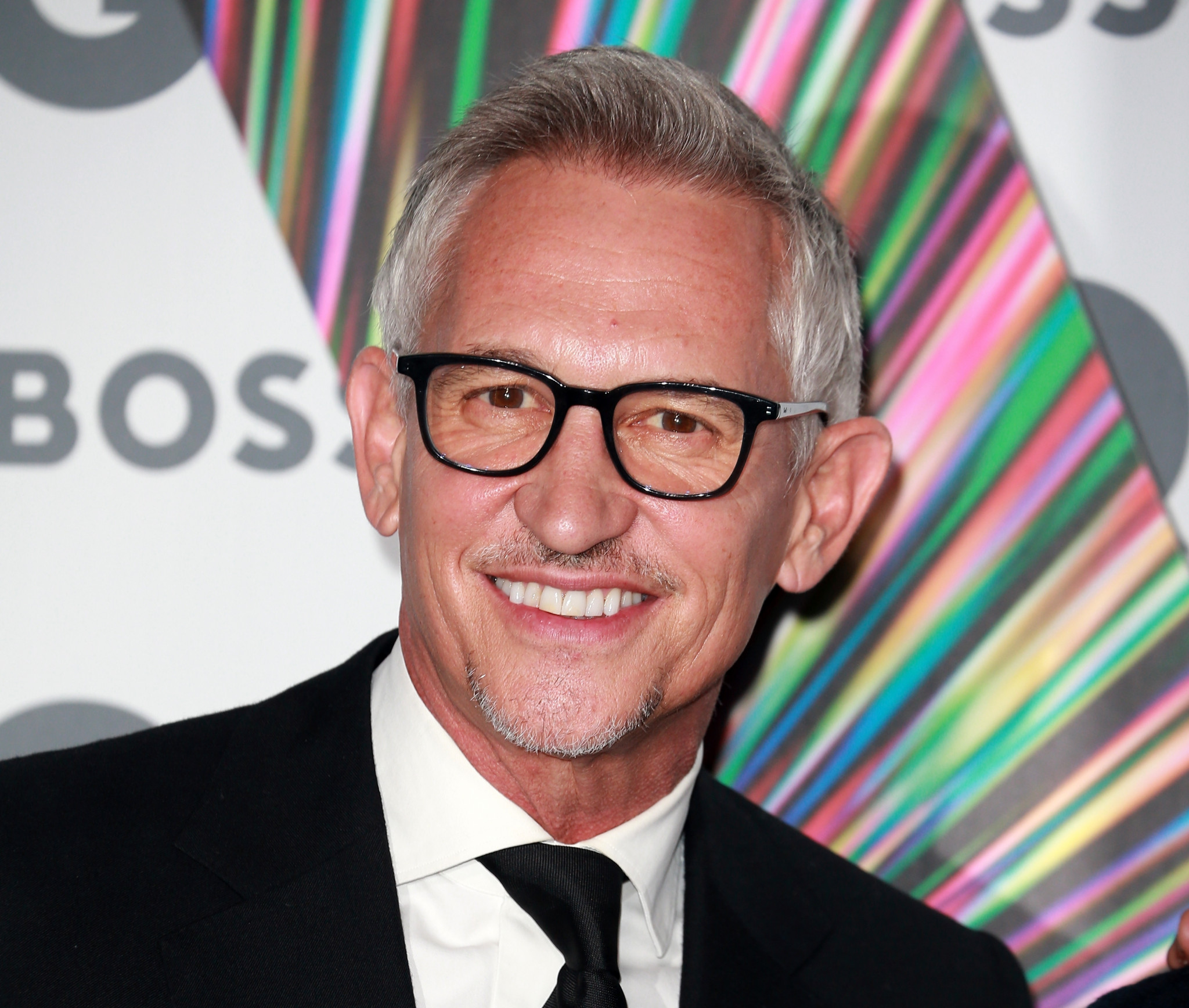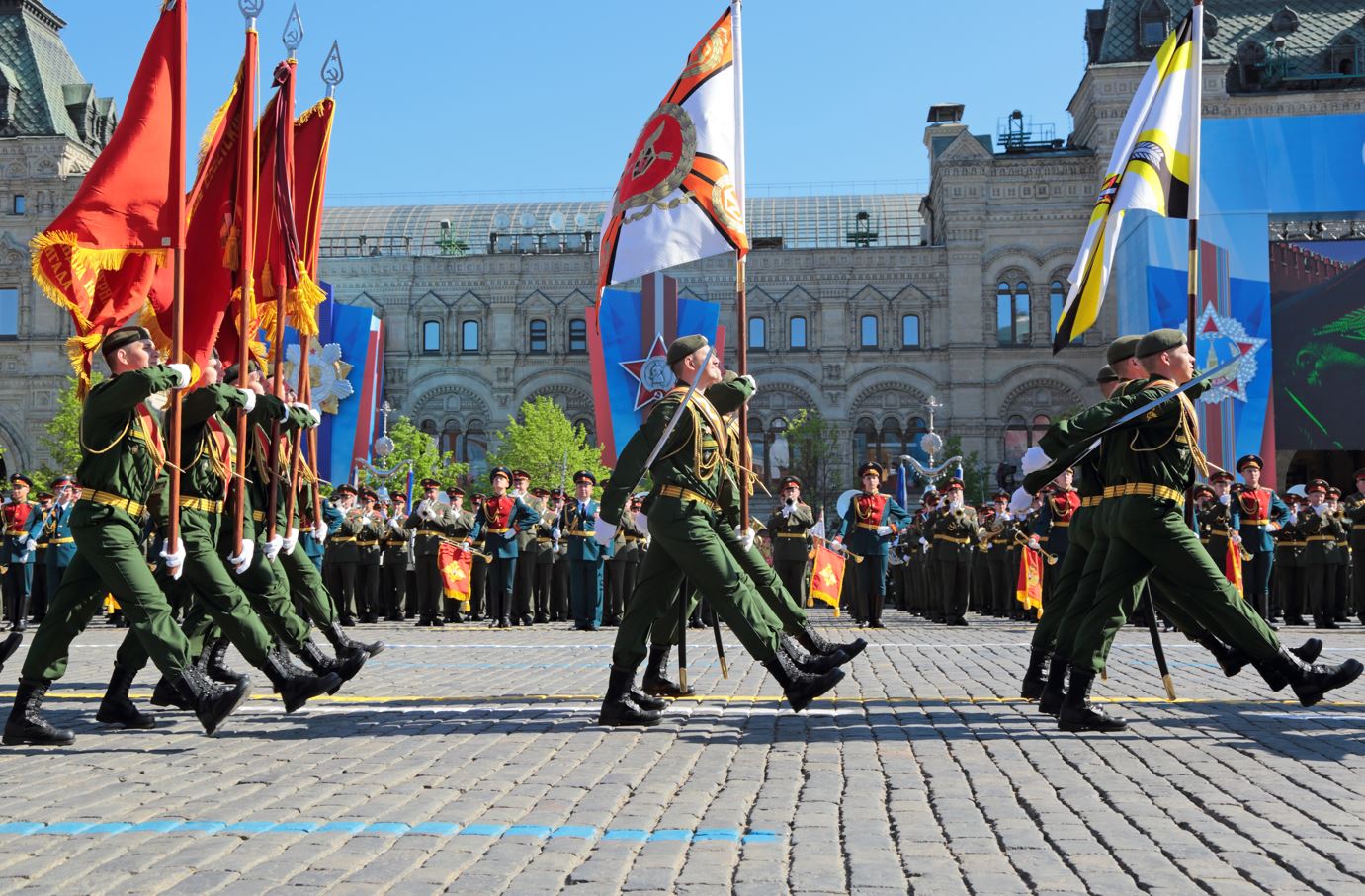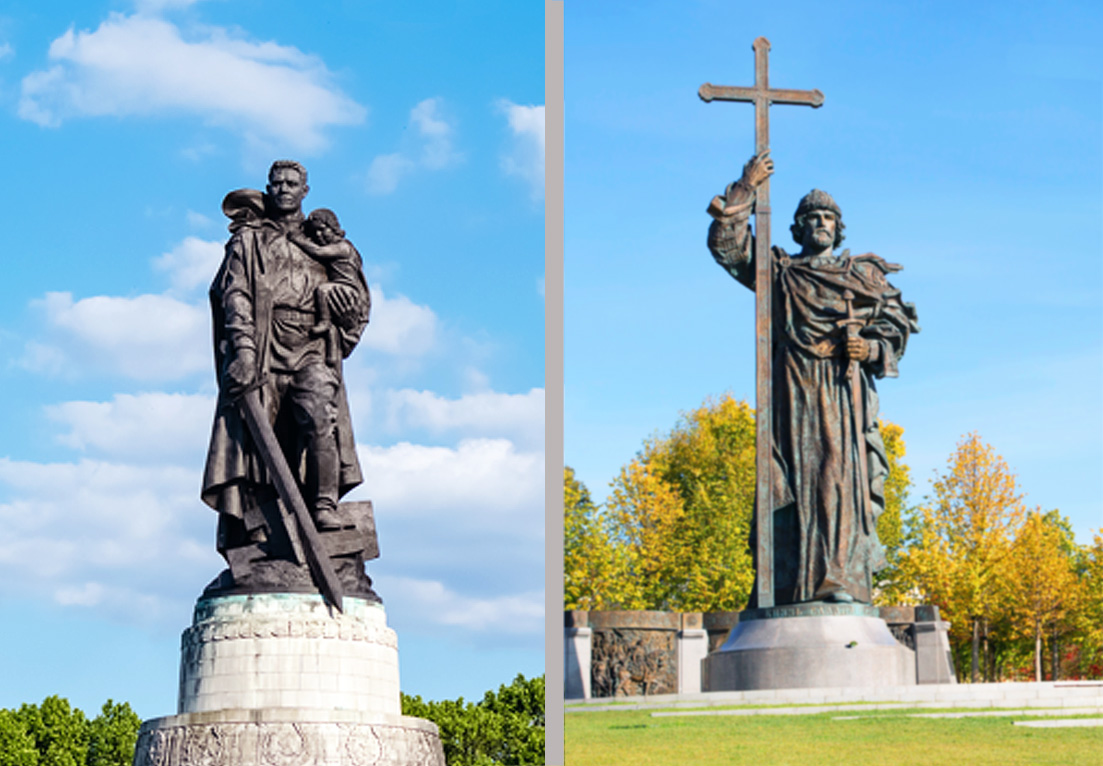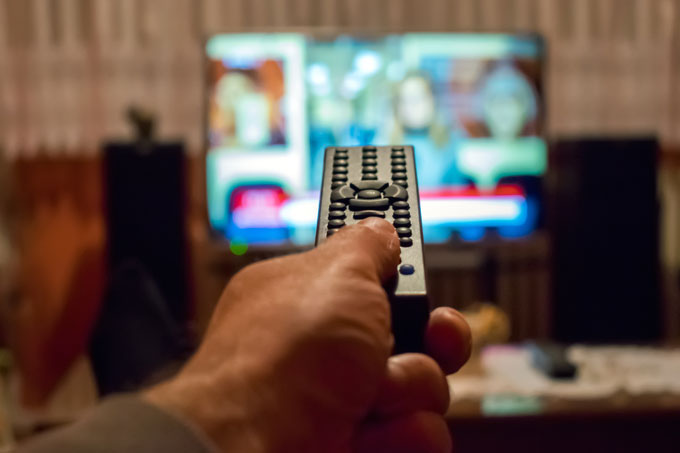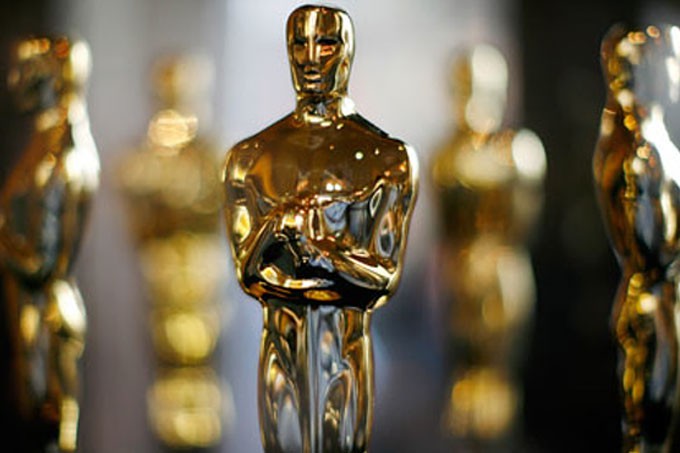Professor David Bates discusses a recent dispute between Gary Lineker and the BBC following the former footballer’s tweet about the Government’s immigration policy.
Skate boarding is for life not just for Christmas
Dr Janet Melville-Wiseman explores the messages behind the John Lewis Christmas adverts and how we can take them onboard, especially when it comes to our welcome for care experienced young people.
Putin praises Russian troops on Victory Day – and blames the West
Dr Alex Kent discusses today’s military spectacle and what it means for the war in Ukraine.
Putin’s vision for Russia: A tale of two statues
Dr Alex Kent explores Putin’s motivations by reflecting on the meanings of two monumental bronze statues.
Tiger King, Ozark, EastEnders, The Crown? What did you watch over Christmas?
Dr Jake Monk Kydd looks at how our Christmas viewing habits have changed.
Halloween 2018 and the closing of the long running franchise (we hope)
Dr Ken Fox discusses the remake of Halloween and why we enjoy experiencing fear through the horror genre of film.
80 years of Superman: man of tomorrow, a chronicle of all our todays
Dr Michael Goodrum explains the political and financial influence of the comic book hero, Superman.
The state of local news: bright future or dark times?
Professor Ágnes Gulyás discusses the fundamental changes in local media.
Victory for Independents: Oscarsnotaswhite!
Dr Ken Fox explains why Oscar success for Moonlight was also a success for independent filmmakers.
